COP15 summit kicks off to save biodiversity
The 15th UN Convention on Biological Diversity (COP15) began on Wednesday. Switzerland and 195 other countries are discussing how humanity can "make peace" with nature.
There was a time when cycling in the summer meant fighting swarms of insects against the wind. Today, this is no longer the case. If you leave the windows of your house open in the city, at best you see hungry flies buzzing between the rooms.
In Switzerland, I have often observed this phenomenon, especially when working from home. And while hiking through the Alps, too many times my gaze has fallen on expanses of monochrome flower meadows. Where have all the other flowers gone?
Making peace with nature
“We are at war with nature. We must make peace,” warned on Tuesday Inger Andersen, Executive Director of the UN Environment Programme, at the opening ceremony of COP15 in Montreal, Canada.
On the same evening, UN Secretary-General António Guterres also had harsh words, calling humanity “a weapon of mass destruction” that treats nature “like a toilet”.
Humans threaten biodiversity through destruction of habitats, overexploitation and pollution. These activities are closely linked to climate change and the spread of invasive species that are harmful to native fauna and flora.
During COP15, which lasts until 19 December, delegates will be negotiating a global framework to protect 30% of marine and terrestrial areas, reduce the spread of invasive species and to reform and reverse subsidies harmful to biodiversity, such as those granted to agriculture.
An agreement seems far off
But as we have seen with the annual Climate Change Conference (COP27), which took place in Egypt last month, it will be difficult to get the 196 participating countries to agree.
China, which holds the presidency of the event, didn’t invite any heads of state. Moreover, with the food crisis exacerbated by the war in Ukraine it’s unlikely that the countries will decide to withdraw support for intensive agriculture.
Switzerland, for its part, is lagging behind in Europe when it comes to carrying out its international obligations to protect wildlife and natural habitats, despite ambitious targets.
>> Read more in our article on COP15:
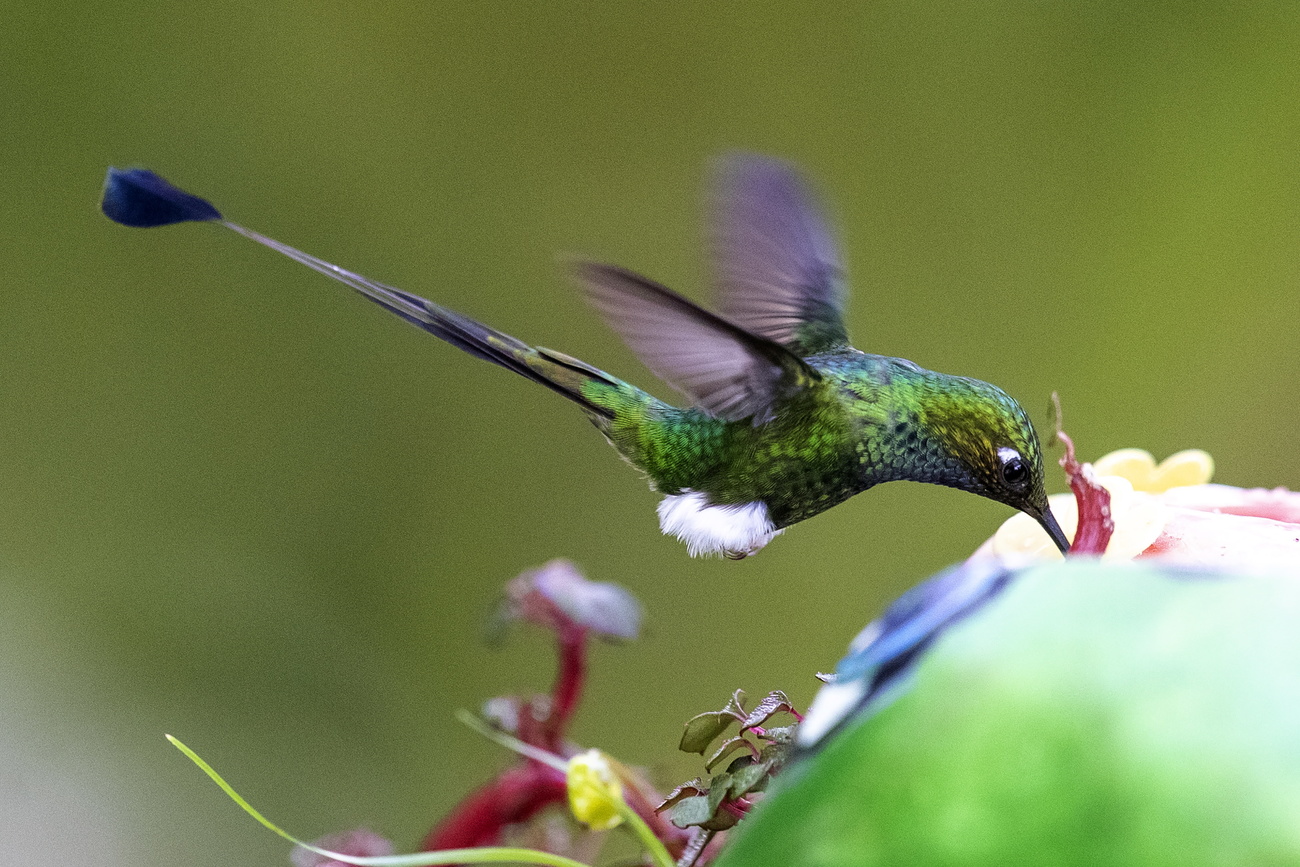
More
COP 15, a summit to halt the mass extinction of species
Why we should care
Biodiversity is essential for the wellbeing and sustenance of all life forms on Earth, including humans. It provides crucial services to the life cycle such as pollination, seed dispersal, climate regulation and water purification.
According to scientists, at least one million species are at risk of extinction. Some even believe that the sixth mass extinction in geological history has already begun. Yet, despite the high-profile discussions, “business as usual” seems to prevail over the preservation of our planet.
What do you think? Write to me or participate in our debates!
More
More
Don’t miss our most-read articles on the topic of biodiversity:
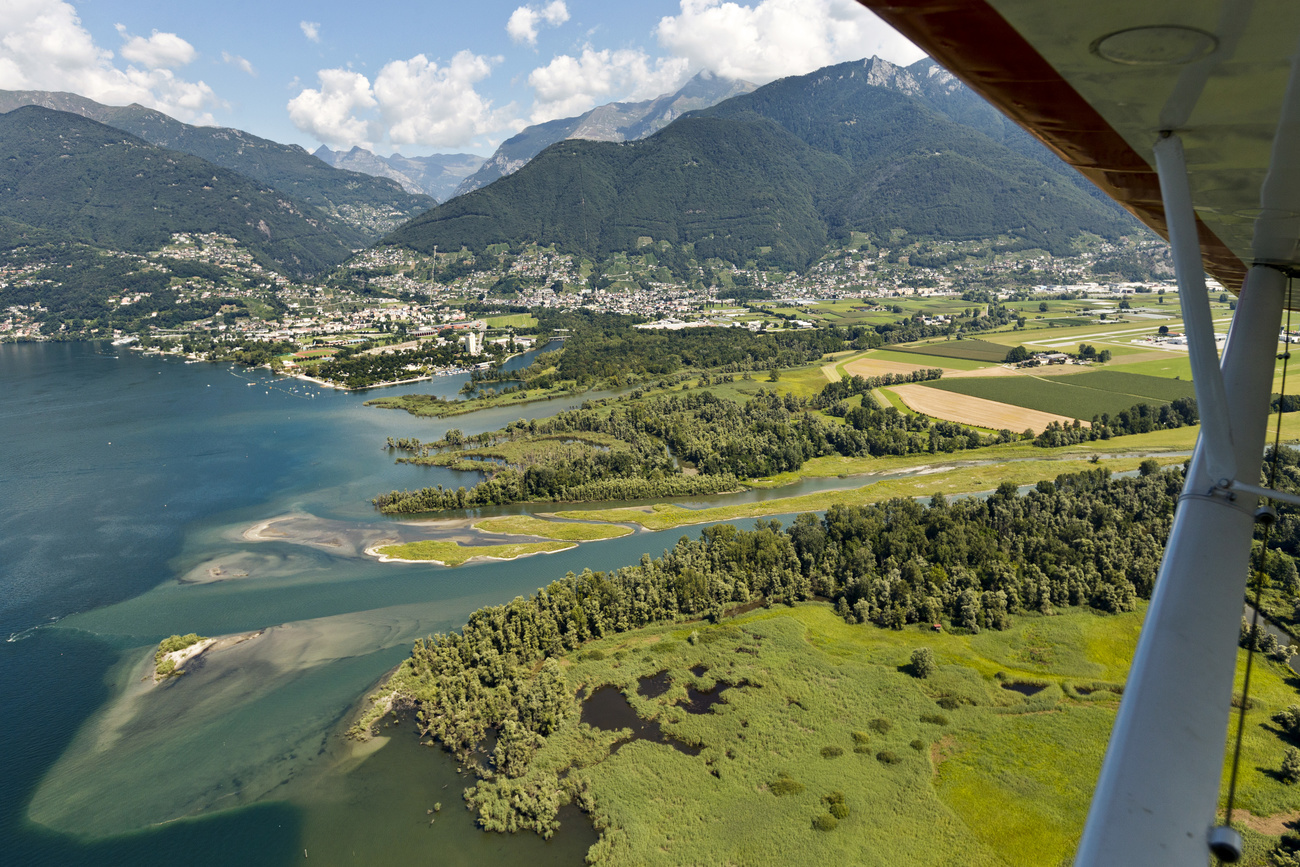
More
Key Swiss sanctuary reveals challenges, opportunities in biodiversity protection
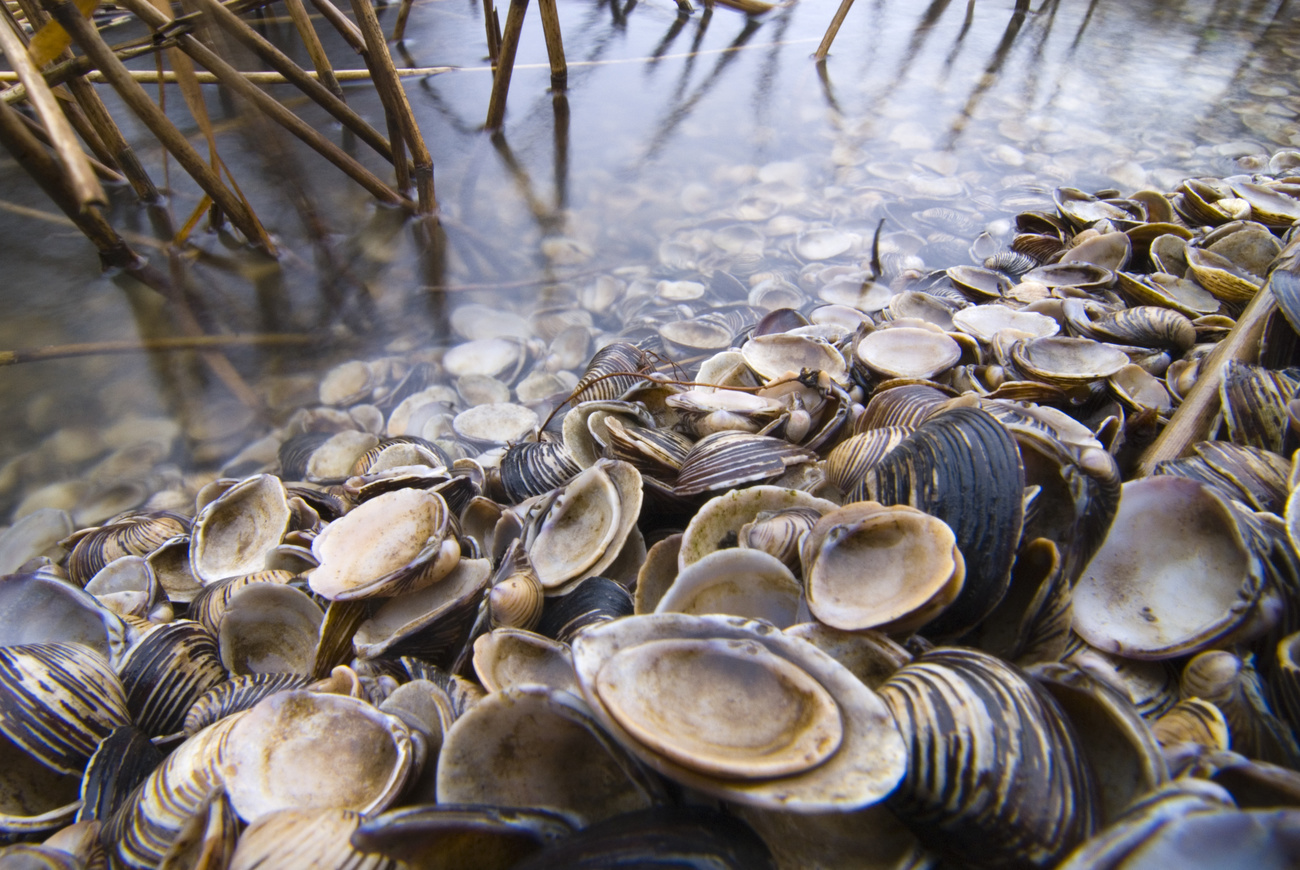
More
Lake invaders: alien shellfish trouble Swiss waters
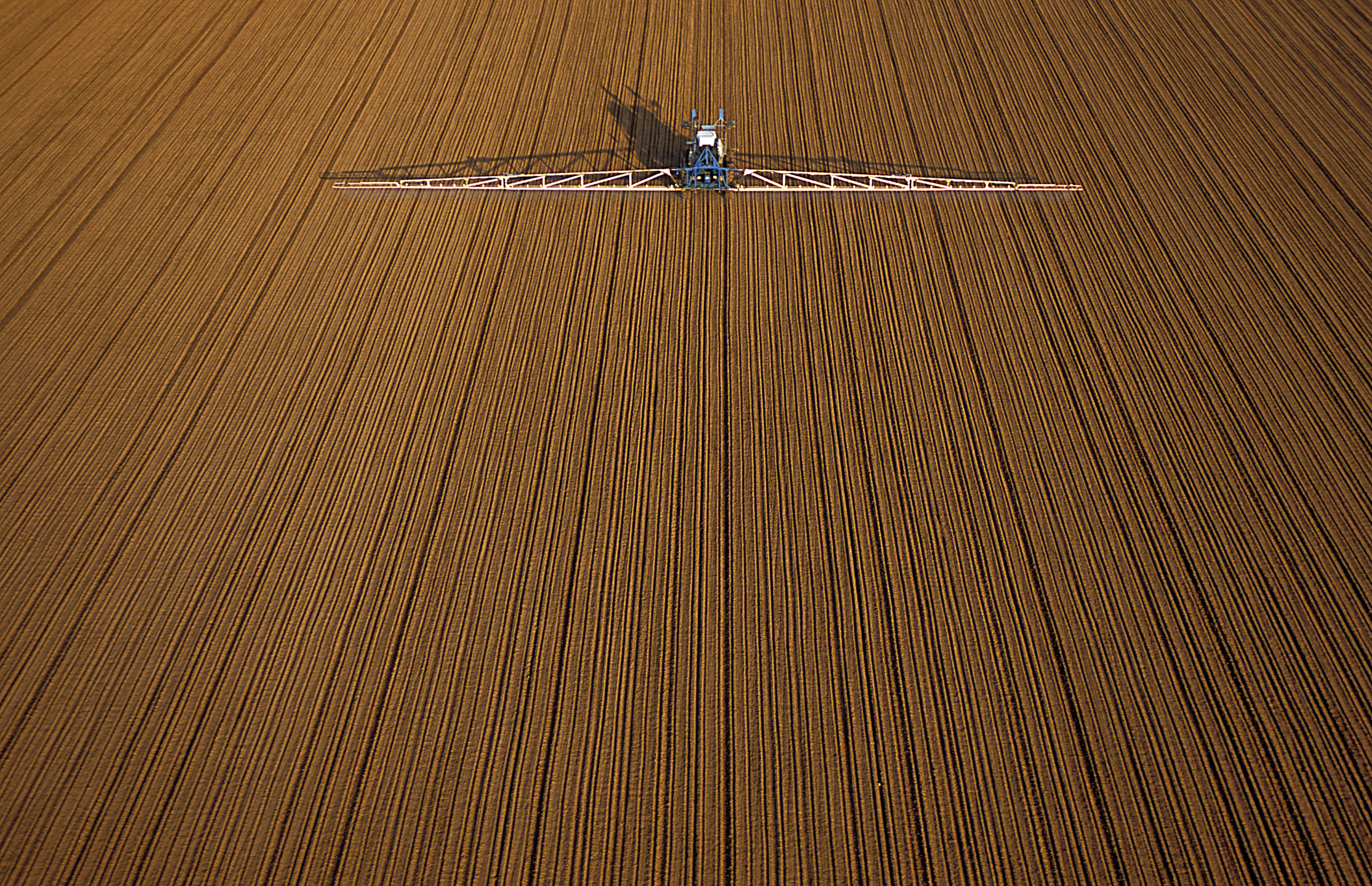
More
‘We are destroying the planet to feed ourselves’
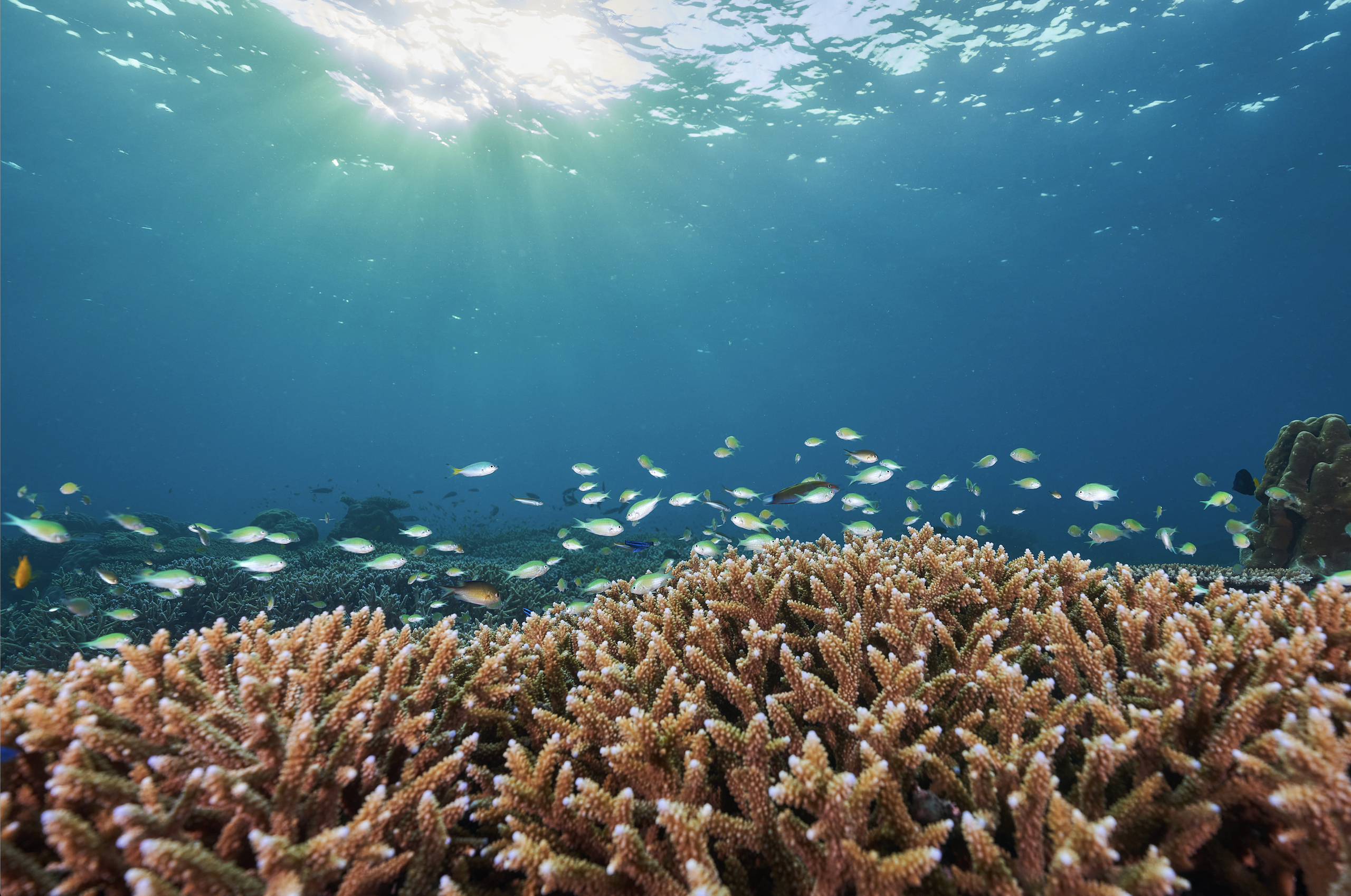
More
Diplomatic ecosystem aims to save Red Sea corals
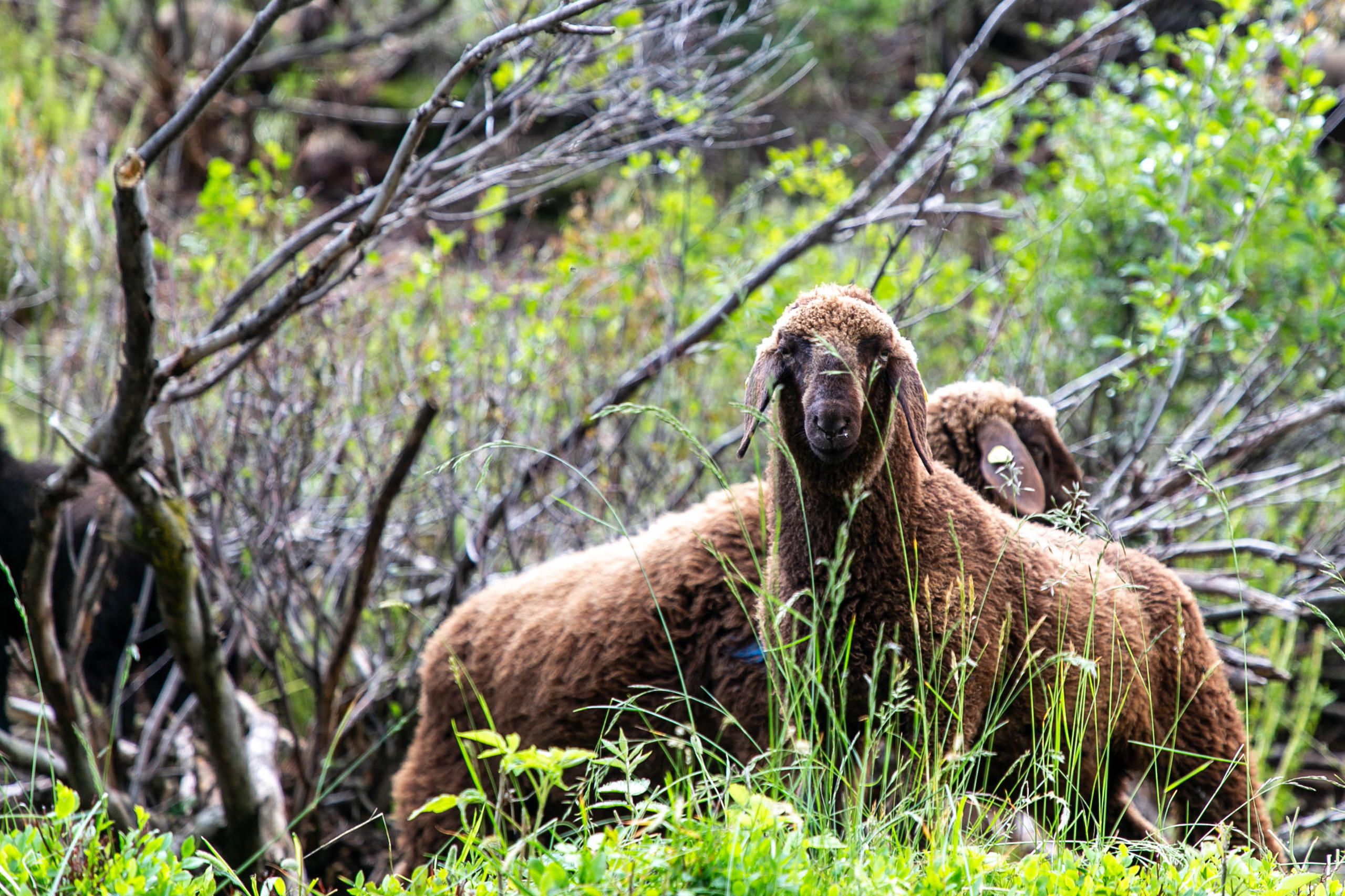
More
Alpine battles: Swiss sheep fight invasive shrub
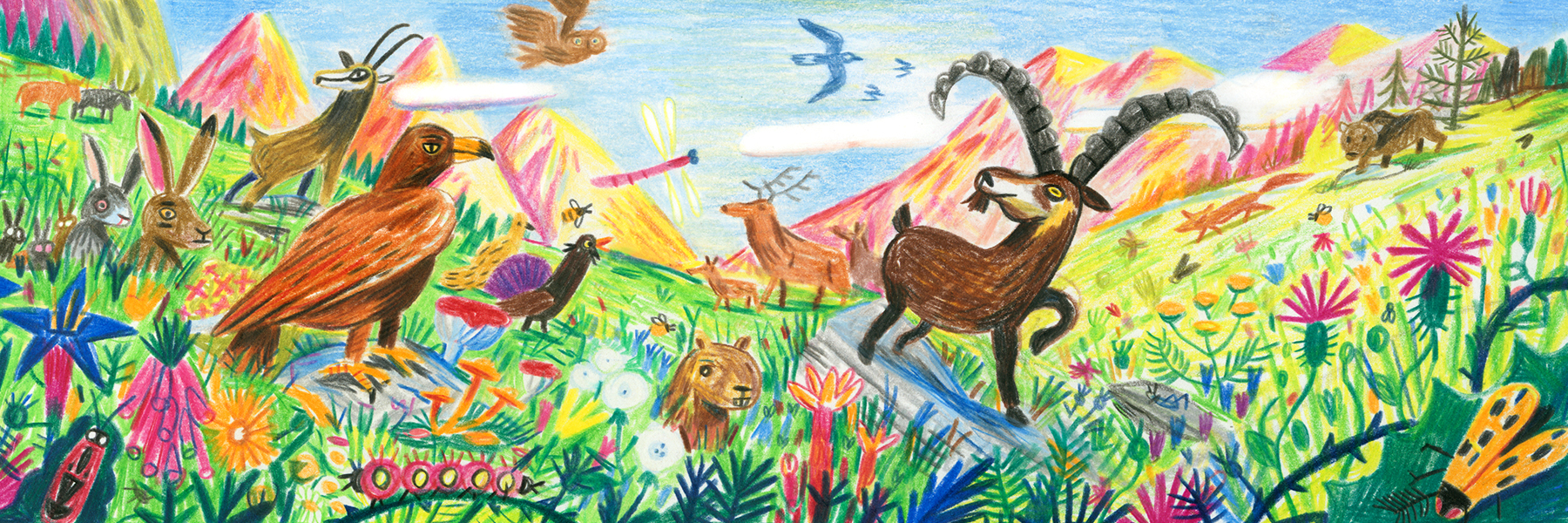
More
The Swiss Alps are beautiful, but are they biodiverse?
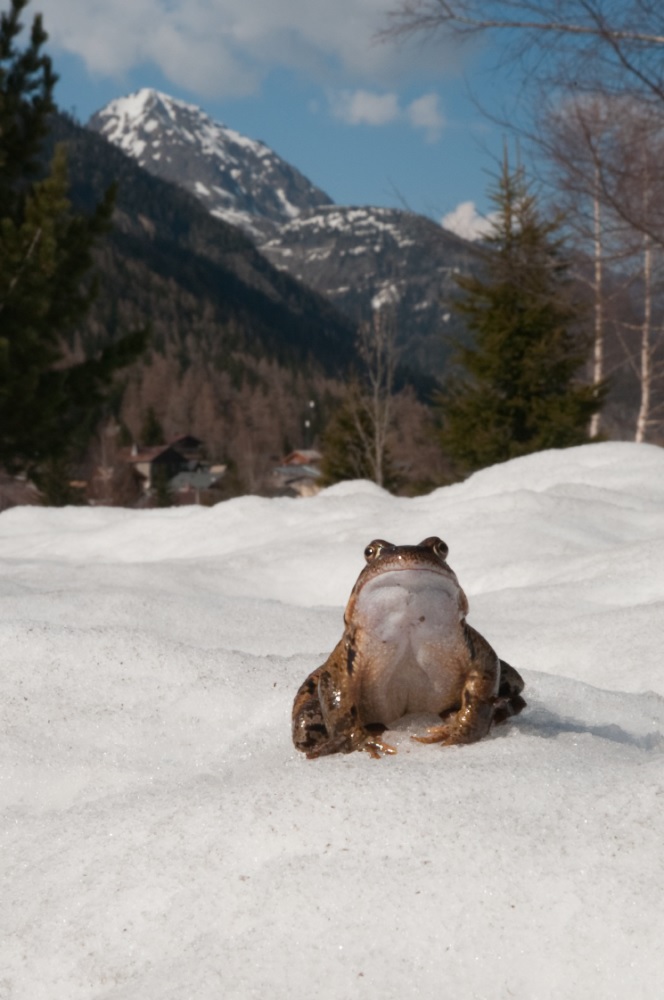
More
Alpine species struggle to keep pace with climate crisis

In compliance with the JTI standards
More: SWI swissinfo.ch certified by the Journalism Trust Initiative


You can find an overview of ongoing debates with our journalists here. Please join us!
If you want to start a conversation about a topic raised in this article or want to report factual errors, email us at english@swissinfo.ch.